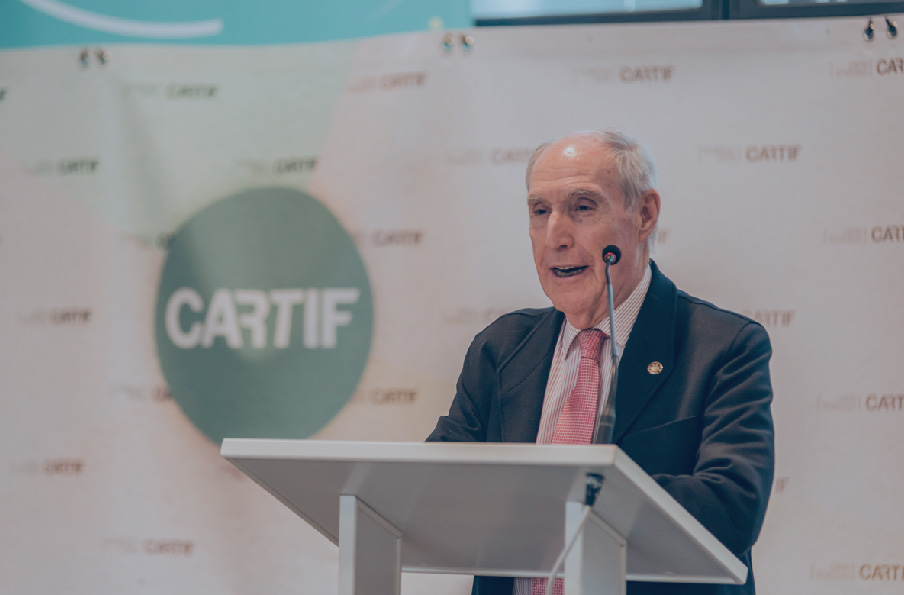CARTIF drives innovation in health, agri-food and environmental sustainability by leading with advanced technologies and promoting circular economy practices and decarbonization for a sustainable future.

José R. Perán, CEO of CARTIF, has been awarded the Honorary Prize in the XI edition of the Best Manager Awards of Castilla y León. The jury, composed of a total of twelve professionals, wanted to pay tribute to his long academic and business career with this award, which will be presented on May 9 at the Feria de Valladolid.
José R. Perán promoted the CARTIF technology center 30 years ago, and today it is positioned as the first in Castilla y León, and second in Spain, in terms of its participation in projects funded by the Horizon Europe program, according to the latest data from the European Commission. With a turnover of 14.3 million euros, and a staff of more than 210 researchers, Perán has led and managed, since its inception, an interdisciplinary team with the common goal of transferring knowledge and providing innovative solutions to companies.
In 1964, José R. Perán graduated in Economics and Physical Sciences from the Complutense University of Madrid, as well as in Industrial Engineering from the Polytechnic University of Madrid. A few years later, in 1970, he received his doctorate in Physical Sciences from the Faculty of Sciences of the University of Valladolid and, a year later, in Industrial Engineering from the School of Industrial Engineering of the Polytechnic University of Madrid.
All these steps have led him to be Full Professor of Automatics at the University of the Basque Country, at the UED and at the University of Valladolid (since 1972); as well as Director of the Department of Systems Engineering and Automatics of the School of Industrial Engineering (ETSII) of the University of Valladolid (1995-2006); Director of the ETSII of the University of Valladolid (1995-2006); Director of the ETSII of the University of Valladolid (1995-2006); Director of the Department of Systems Engineering and Automatics of the School of Industrial Engineering of the University of Valladolid (1995-2006).
Valladolid (1980-1984 and 2006-2009); even being appointed as Emeritus Life Professor by the ETSII of the University of Valladolid (2009-present).
He joined Renault Valladolid in April 1965 and after working as Head of Service in the Quality and Economic Management Departments, he successively held the positions of Director of the Body Factory (1972-1988), Director of Procurement for Spain and Portugal (1988-1990) and Director of the Mechanics Factory (1990-1993). One year later, he started CARTIF together with a team of 20 other professors to become 30 years later one of the technological centers of reference in the national and international scene.
CARTIF, as an applied research center and private non-profit foundation plays a key role in the implementation of the smart specialization strategy (RIS3) of Castilla y León. This strategy highlights the importance of adapting regional capabilities to global and local challenges, promoting innovation in key sectors such as health, agri-food, and environmental sustainability.
CARTIF’s contribution is aligned with the cross-cutting sectors identified in the RIS3, where priority is given to areas such as the Silver Economy, focused on products and services for the senior and pre-senior population, and innovation in health and care services through technologies such as telemedicine and artificial intelligence. CARTIF, with its expertise in quality of life and assistive technologies, is ideally positioned to lead projects that improve health services and care for the elderly, integrating advanced technological platforms that facilitate the provision of care and improve the autonomy and well-being of this population segment.
In addition, the RIS3 strategy highlights the importance of the agri-food sector, where CARTIF also has a significant impact. The center develops technologies to improve food safety and quality, crucial aspects to position Castilla y León in market niches that demand high quality and value-added products. This is complemented by its work in circular economy and sustainability, fundamental to minimize the environmental footprint of agri-food production and maximize efficiency in the use of resources.
In the field of decarbonization, sustainability and circular economy, CARTIF’s mission to promote energy efficiency and the development of smart cities is aligned with the RIS3 objectives of promoting a greener and more sustainable economic model. This includes the implementation of technologies that reduce carbon emissions and improve the management of natural resources, contributing to the transition of Castilla y León towards a low-carbon and circular economy.
CARTIF collaborates in regional, national and international initiatives strengthening the position of Castilla y León as a leader in technological innovation and sustainability, creating an ecosystem that favors economic growth, social resilience and quality of life. It combines applied research with well-defined regional development strategies, oriented towards the sustainable and technologically advanced future of the community.







